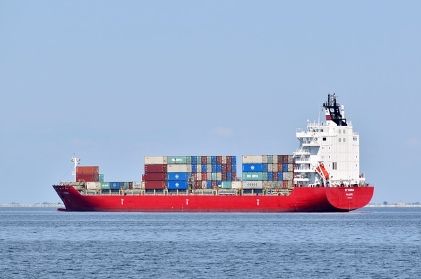Understanding Border Trade: Dynamics, Benefits, and Challenges
Border trade refers to the exchange of goods and services across national borders between neighboring countries. This type of trade is particularly significant in regions where countries share extensive land borders and have established economic relationships. Border trade can play a crucial role in the economic development of border regions, providing access to goods, creating jobs, and fostering a better relationship between neighboring countries. This article explores the dynamics of border trade, its benefits, challenges, and key considerations for effective management.

Dynamics of Border Trade
Border trade typically involves the movement of goods and services across land borders, which may be facilitated by less stringent regulatory measures compared to overseas trade. This can include daily or frequent small-scale transactions often carried out by individuals and local businesses, as well as larger scale operations by companies targeting markets across the border.
Key Aspects of Border Trade:
• Local Markets: Trade often caters to the local markets on both sides of the border, with goods and services that are tailored to the cultural and economic needs of the border populations.
• Cross-Border Workers: Many individuals work across the border, contributing to the economy of the neighboring country while residing in their home country.
• Informal Trade: A significant portion of border trade can be informal, driven by small-scale traders and businesses without formal trade agreements or records.
Benefits of Border Trade
1. Economic Integration: Border trade helps integrate the economies of neighboring countries, leading to improved economic ties and mutual growth.
2. Accessibility to Goods and Services: It provides communities near borders access to a broader range of products and services, often at lower prices due to reduced transportation and logistics costs.
3. Employment Opportunities: Creates jobs and business opportunities for people in border areas, often contributing to poverty reduction.
4. Cultural Exchange: Enhances cultural exchange and understanding between neighboring countries, promoting peace and cooperation.
Challenges in Border Trade
• Regulatory Issues: Managing the regulatory aspects of border trade can be complex due to differences in national laws and trade policies.
• Security Concerns: Borders can be sensitive zones, and the movement of goods can sometimes be exploited for smuggling or other illegal activities.
• Infrastructure Limitations: Adequate infrastructure such as roads, customs facilities, and marketplaces is crucial for effective border trade but is often lacking.
• Economic Disparities: Significant economic disparities between neighboring countries can lead to imbalances in trade, affecting local producers on one side of the border.
Key Considerations for Effective Border Trade Management
1. Bilateral Agreements: Countries can establish bilateral agreements to simplify customs procedures and harmonize regulations to facilitate smoother border trade.
2. Infrastructure Development: Investing in infrastructure at border points can enhance the efficiency and volume of trade.
3. Security Measures: Implementing strict security measures while ensuring trade facilitation is crucial to prevent illegal activities without hindering the flow of legitimate trade.
4. Support for Local Traders: Providing support in terms of finance, training, and access to information can help local traders and businesses capitalize on border trade opportunities.
Conclusion
Border trade serves as a vital economic link between neighboring countries, offering both opportunities and challenges. It promotes not only economic development but also cultural ties, making it a crucial aspect of regional integration strategies. Effective management, supported by collaborative inter-governmental efforts, is essential to maximizing the benefits of border trade while minimizing its challenges. By addressing the regulatory, security, and infrastructure needs, countries can enhance the positive impact of border trade on regional development and relations.
Related articles

 WeChat of CBiBank
WeChat of CBiBank